Being An Introvert In An Extrovert World
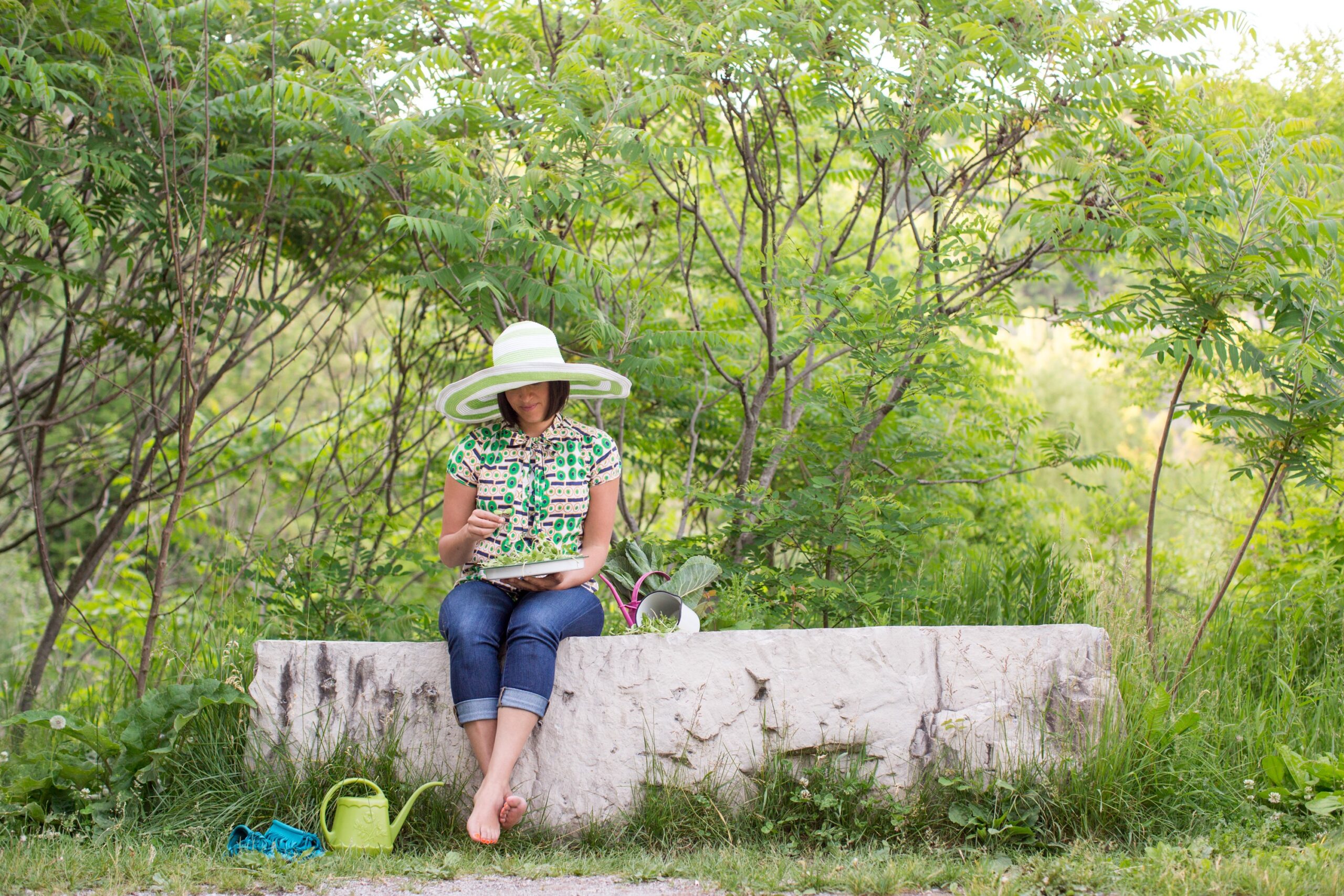
My whole life, and still today, I’ve always felt a little anxious about going to new places, having to mingle with new people, a busy schedule, and everything else that comes with being social. Only recently, have I begun to be okay with it, accepting that I am an introvert. I’m an introvert living in an extrovert world.
I am not particularly quiet, I do work out in the world, often in front of audiences, can hold my own in a conversation, and am naturally inquisitive. And I love it. I have things to say and am not afraid to say them. I wear bright colours. All of those things have little to do with being an introvert.
Like many introverts, I have learned how to manage in the busy world and am not particularly shy (but those ‘mingling’ networking things do make me want to disappear). I’m not socially awkward (most of the time…or at least I think I’m doing okay!). I can manage fine at public events and enjoy presenting, making videos, interviewing amazing people, meeting readers and students when I’m going about my day, and all the other things that go along with the work I do. These things have nothing to do with being introverted.
In reading books like Quiet and The Highly Sensitive Person, I have come to understand what it means to be introverted, which produced this massive sense of “Oooohhhh, I get it now.” This in turn has helped me learn how to take better care of myself.
What makes Introverts and Extroverts Different?
The main differentiating factor between introverts and extroverts is where we gain our energy. Extroverts get it from being out in the world, socializing, stimulating that brain reward centre in big ways, and having those interactions. Introverts re-energize by being alone. Even better for us – being alone in nature.
Our school system and our society in general – our social and corporate worlds – reward people that have more extroverted tendencies. The louder people are, the more confident they appear and the more attention they tend to get – regardless of whether what is being said has value or not.
I believe it is for this reason that I always felt challenged at school. By the end of the day, being under those fluorescent lights with constant mental and social stimulation, I would feel completely drained. In university, I worked out how much of a class I needed to sit in on, and how much I could learn at home from my textbooks. Never in my life have I studied or done work in a library or a cafe. I can’t work with music on. I can’t even cook with music. Quiet, please.
Are Introverts and Extroverts Biologically Different?
When I started looking into this, I found loads of articles about how introverts can become more like extroverts. Thanks a lot. That’s not where I want to go with this. There is a physical difference in the brains of introverts and extroverts – one component of that being sensitivity to dopamine.
A study was done with introverts and extroverts comparing brain reactions when gambling. Researchers discovered that different parts of the brain were stimulated when a gamble paid off. The extroverts had a stronger response in the amygdala and nucleus accumbens. This is part of the dopamine system, which affects our reward system and how we learn. Extroverts tend to be fuelled up by this stimulation while introverts tend to become more drained by it, processing such stimuli through a different pathway.
I love this quote from an article in The Atlantic:
For introverts, to be alone with our thoughts is as restorative as sleeping, as nourishing as eating.
If we start looking at those we know, or maybe ourselves as the introverts we are by nature, perhaps there are also ways we can better support our well-being and the health of those we care about.
If you’re not sure where you are on the introvert/extrovert spectrum, try taking this short quiz.
5 Ways To Better Care For The Introverts In Your Life (Or Your Own Introverted Self)
1. Respect The Need For Privacy
As the quote above states, leaving an introvert alone with his or her thoughts gives them time to rejuvenate, process conversations, think through things that have happened, decide on next steps, or mull over solutions. Mostly though, time alone is vital in replenishing energy. My experience has been that if I have a public event, even one that is online in our virtual world, I typically need a day to properly re-energize.
Some say for every hour of socializing, two hours of recuperation is needed. Find the balance and accept it. Recuperation and re-energizing doesn’t necessarily mean sitting and doing nothing. It very well could mean carrying on with work, writing, reading… it likely just means doing it alone. And for those of you with an introvert in your life who requests the occasional time alone: it’s not you, it’s them just needing some time.
2. Recognize That Introversion Isn’t A Personality Type, It’s Biology
It is believed that introverts make up roughly 25% of the population. I am guessing it’s more than that, but many people have learned coping behaviours that allow them to succeed in an extroverted world. Needless to say, introverts have slightly different wiring in the nervous system. This makes us more sensitive to stimuli that others may never notice, whether that be in social interactions, distractions in open-concept office settings, or the slight buzzing a light bulb makes when you turn it on. Okay, maybe that last one is specific to me? The point is, introverts are extra sensitive to what’s happening in their environment. We can develop tools to allow us to cope better, but the stimuli are still there and we’ll still notice.
3. How About If We Don’t Talk On The Phone?
In my digging into this subject, this one came up over and over, and I couldn’t agree more. Phones are not the best friends of introverts – at least not the part that involves speaking to humans. Email, texting, social media and even video – that we can handle. I’ve never been one to be a small talker on the phone. Call me, we’ll say what needs saying, make our plans, do our business, and then the call should probably end. Begin a conversation with idle chit-chat about how hot/cold/humid/windy it is outside and the introvert on the other end of the line is gone (in thought, if not in body, too). Feel free to keep talking about the weather, let us know when you’re done and we can get started with the purpose of the call.
Introverts typically respond to several social cues when communicating verbally – for this reason, in-person conversations are always preferred. Often, even better, communicate through letters or email. Introverts typically want to think through their thoughts, compose what they have to say, review it, think it through some more, sit on it for a day, and then send.
4. Skip The Small Talk
Most introverts have learned to manage social situations, and they’re definitely better off when it’s people they know well and are close with. Many of your favourite speakers, musicians and actors are introverts; they’re so exceptional at their work that they can be mistaken for extroverts. It’s the small talk before and after the main event that is the challenge. My comment above about idle weather conversations – that’s small talk. Wikipedia describes small talk as a “social lubricant”. Introverts would prefer to go forth without the lube and instead discuss how people can call themselves ethical vegans and at the same time support GMO soy production, or intelligently converse about why science is set to disprove the benefits of organics and simultaneously study the rapidly heating oceans and vast dead zones while failing to see a connection to chemical agriculture.
Small talk allows two people to have an entire conversation without really saying anything or actually getting to know each other. The different ways people mispronounce your name or the traffic you sat in to get to your destination aren’t that important to introverts. Introverts regard small talk as a necessary hurdle before getting to the juice.
5. Let Them Be. They’re In Their Flow!
Tasks that may be daunting, exhausting, or terrifying to an extrovert may be the exact thing that brings profound deep levels of happiness to an introvert. These are the times an introvert is in a transcendent or bliss state, often referred to as “being in the flow”, completely engaged in the task at hand. This can often make introverts look like workaholics when in actuality, doing the work itself is rejuvenating, a creative release that even while in process, produces feelings of profound happiness. It’s a subtle kind of happiness that introverts experience and that may be completely unknown to the extrovert. You can learn more about ‘the flow’ in this TED talk.
As Susan Cain puts it in her book Quiet:
If you’re an introvert, find your flow by using your gifts. You have the power of persistence, the tenacity to solve complex problems, and the clear-sightedness to avoid pitfalls that trip others up. You enjoy relative freedom from the temptations of superficial prizes like money and status. Indeed, your biggest challenge may be to fully harness your strengths. You may be so busy trying to appear like a zestful, reward-sensitive extrovert that you undervalue your own talents, or feel underestimated by those around you. But when you’re focused on a project that you care about, you probably find that your energy is boundless.
I am grateful to be out in the world sharing what I do and what I know – and that all of you are receptive to what I have to share. I’ve learned over the years to accept what I can do, what I can’t, where my limits are, when and how far I can push them, and when I need to respect them and step back. Being an introvert in an extrovert world isn’t always easy, but I’ve found my flow in it all.
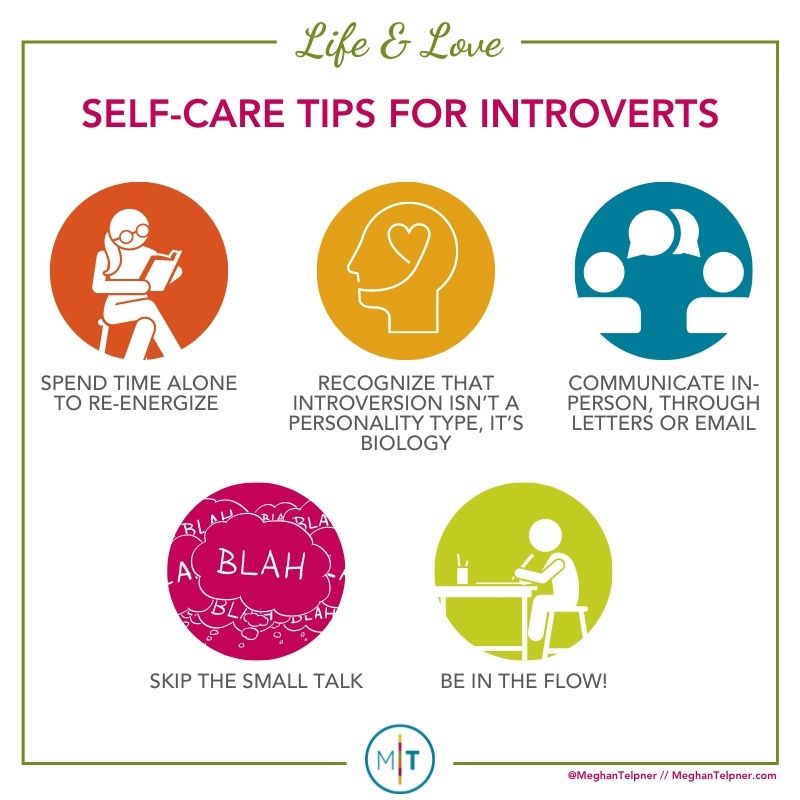
Photo: Catherine Farquharson
Free Resource Library
Enjoy more than 40 downloadable guides, recipes, and resources.
















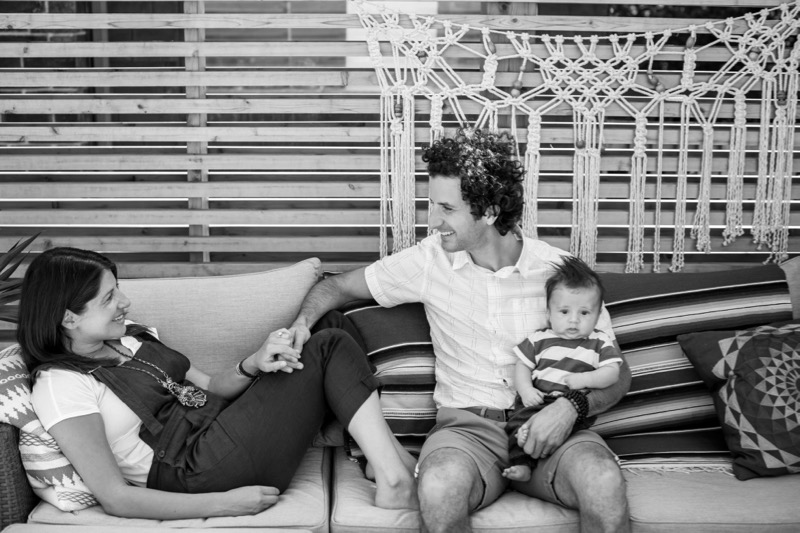
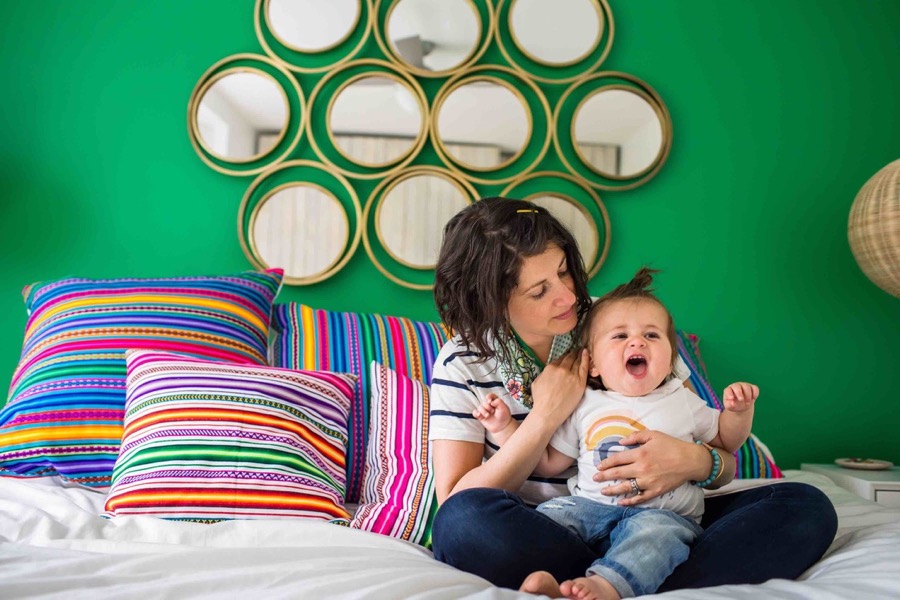
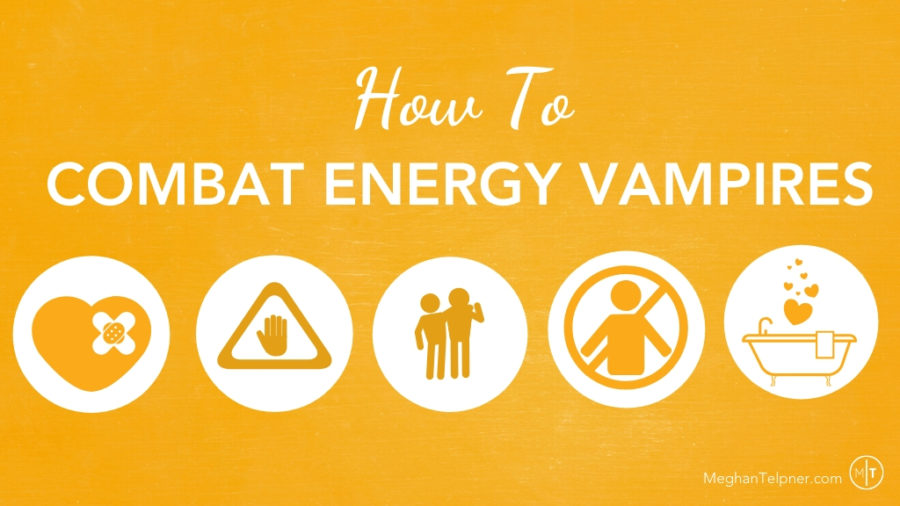


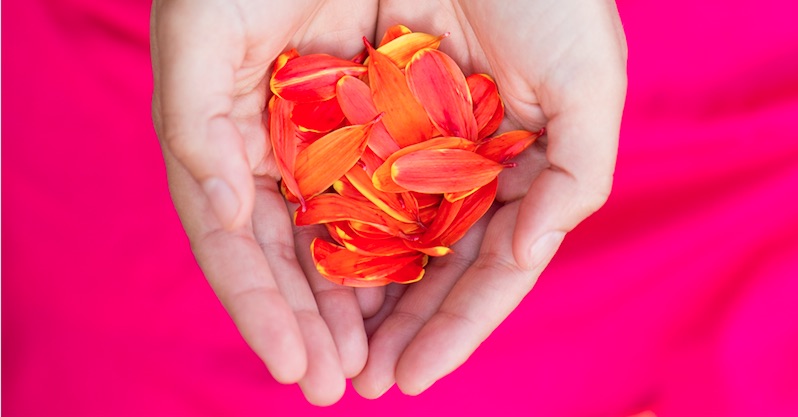
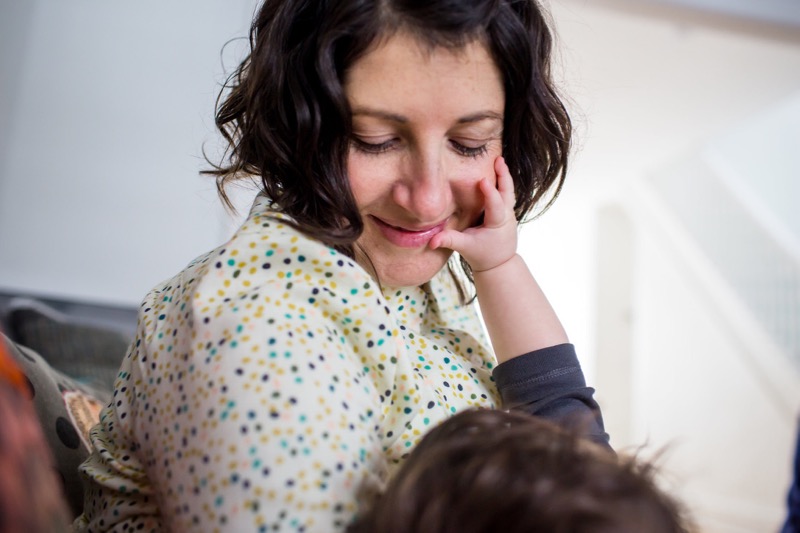

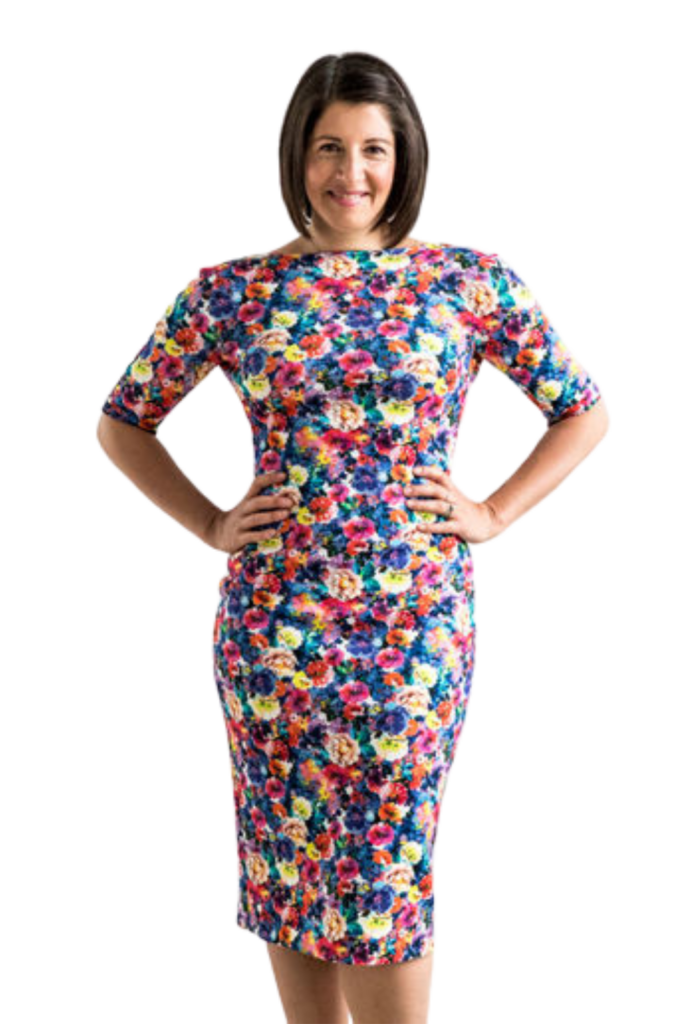
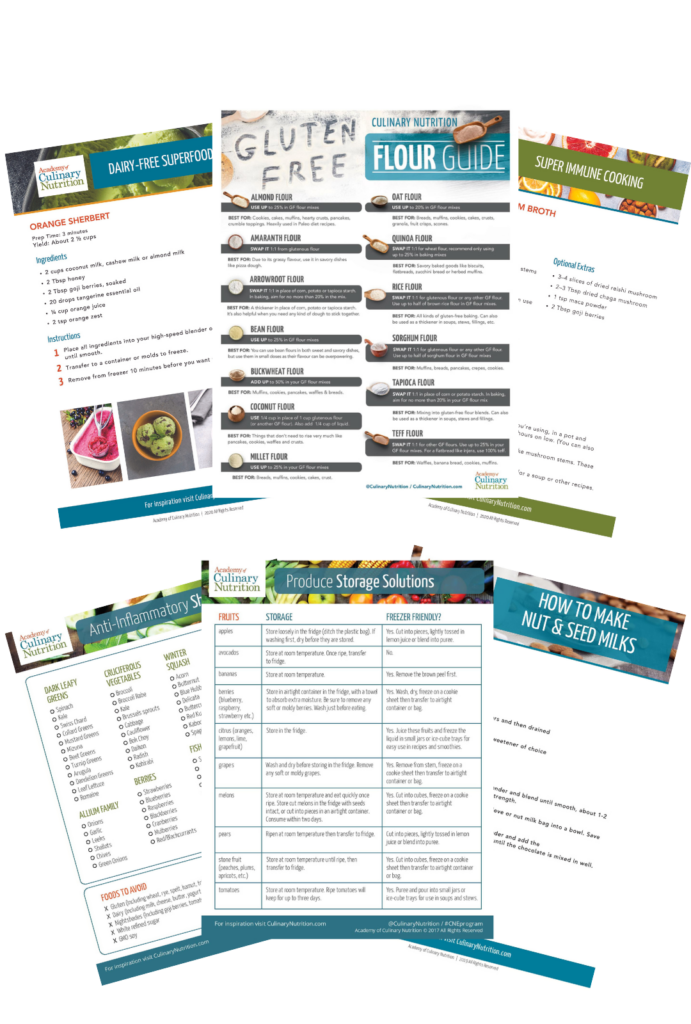
Meghan, such a well written article that really captures the differences between extroverts & introverts – from such a highly personal perspective. Couldn’t agree more with your observation regarding how truly restorative being in nature can be – for some of us. I often say that I am solar powered, literally recharging whilst being outside. Add a gentle breeze, the fragrance of the woods (particularly in the early morning), a glimpse of deer, bunnies, birds, I’m apt to return giddy!
I’m introverted. I’m an INFP. I’ve just started a new job working for a school with lots of interactions with children, parents and co-workers its exhausting. I’m waiting for the day I can create something of my own because big companies and institutions equals very little freedom definitely what my introverted self longs for. Meghan what is your MBTI personality? INFJ?
This post is right on! And no, I would not have guessed this about you. I will have more to contribute after I ponder a bit, but I had to respond about “the noise a light bulb makes.” It’s not just you! And a fluorescent bulb? I’ve tried to watch the movie “Joe vs the Volcano” several times but I can’t get past the first few minutes (feels like hours ) when they are in an office and the lights are buzzing. Also, The HSP is a wonderful book, helped me understand my childhood better as well as how I function now. Highly recommend.
I wish kids were taught about this in school! I spent the first 27 years of my life feeling like a freak that needed to be fixed, and it wasn’t until reading The Highly Sensitive Person by Elaine Aron and The Introvert Advantage by Marti Olsen Laney that I was able to accept myself for the unique, creative introvert that I am. I highly recommend these books and this article, thanks Megan! :)
I love this article! I’ve also been exploring this topic a bit more in the past year, and have found that it explains so many of the challenges I’ve experienced being an introverted practitioner working in an extroverted business model. For years I’ve judged myself as being weak or weird, and I’m now just starting to get that it’s more about finding a better fit for how to work, and developing coping strategies. Thanks Meghan for sharing, being vulnerable, and educating us! xo
A strong introvert here, too. However some friends have been surprised at that since I will chat with strangers in the grocery store line-up, make people laugh in small groups, and even teach. But I am in my HAPPY PLACE home, puttering around, reading/thinking/learning :)
Have you done Myers-Briggs, Meghan? I am an INTP but look more like an extrovert at times. It is an act and I need to recover with lots of solitude afterward. I think a lot of my personality type prefer writing as a form of communication – thus the blogging and emails rather than parties and phone calls.Thanks for putting yourself out there anyway, the world is richer for it :)
Thanks for your insightful article. I went to the web searching for some information to help me understand myself more after a week-end of holiday parties in which I felt annoyed, irritable and left out.It is very comforting to understand that there is some biological reasons for these feelings as well. I have come to embrace my “intro self” but sometimes it’s hard living in a world that seems to revolve around extroverted values! Thanks for your article…knowledge is power!
Great article! This is so me! My husband calls me an unicorn and I love being one! I need my quiet time and feel so grateful that he respects that!
Until I read the book “Introvert Power” (another good one), I was a closet introvert, but I have since come out and proudly. I share that book with anyone who will read it – intros- & extros- alike. This time of year, with more crowds and large family get-togethers is especially challenging and I’ve learned lots of great coping mechanisms. I’ve also evolved into the perfect careers for me – I’m a contract graphic designer (working out of my home) and a meditation teacher, so I guess what I’m saying it – work it baby!
After years of faking it in an extroverted world, I decided to relax and fall into who I actually am. Since living my authentic self for the past few years, I’ve noticed a decrease in migraines and my ulcer went away. What a relief. On the downside, I think my co-workers think I’m nuts and suddenly have become a hermit.
The first time I realized I was introverted and what it means, was in one of these personal enrichment courses at our church. That ah-ha little little light bulb moment.
Currently finding the corporate environment extremely difficult. I can hear the music someone is playing through their earphones from three desks away. And there’s usually three or four neighbours each listening to something different through their earphones.
Nobody else can even hear that, never mind believe that I find it incredibly distracting.
And like you, I can’t work with music or even quiet through my own earphones. So I can’t cut the distractions out.
Come Friday afternoon, I turn into a hermit.
THE INTROVERT ADVANTAGE: HOW TO THRIVE IN AN EXTROVERT WORLD
byMarti Olsen Laney This book really changed my life! It also made me angry that all my life it was assumed that something was wrong with me and the refusal to look at the issue with an open mind.
I am in a extrovert – introvert relationship. I am the introvert. It has been extremely challenging. We are making it work after many battles, and some counseling. Certainly there are some advantages to this match up. However, without going into great detail, I would advise against such a matchup. It puts far too much strain on an introvert personality. The lack of sensitivity from my extrovert partner and the millions of words often puts me in a place where I just need some time alone. I would not do this again but there seems to be enough to keep trying and it has gotten better. It is a quandary when you know you you would not do this again but there is enough there to go on. I have had introvert partners and it is much easier. As they say, she certainly draws me out to do things I might just pass on – that is good most of the time. This type relationship works best when you are not in it 24 hours a day. we are both home almost all of the time. That is my opinion!
This is so true! Thank you so much for this great explanation!
Meghan, your article spoke right to me, and I love that you included biology, not simply personality! We’re actually geared this way from the beginning!
Excellent review Meghan! I’m definitely an introvert. For a long time I thought I was just shy and felt better at home. It’s taken many years to realize that it’s not just shyness. And small talk….about weather! I want to pull my hair out. I suffer through that every morning on my daily call with my mother. It’s frustrating. I thought I was just inpatient but no, it’s biology!! Thanks for sharing and explaining so well. You’re the best. Introverts in solidarity ❤️
I really enjoyed this article. It is right on point on how I feel. I am an introvert but that term was misleading when I was younger. People thought that being an introvert was being shy, Nothing to do with that. Thanks again for sharing!
Yes! Such an introvert and it was tough at first during covid because before covid I had the day to myself at home. Lots of quiet time. Now not so much and it has gotten to me but long walks, workouts, reading and the chair in my bedroom have helped. Thanks for sharing.